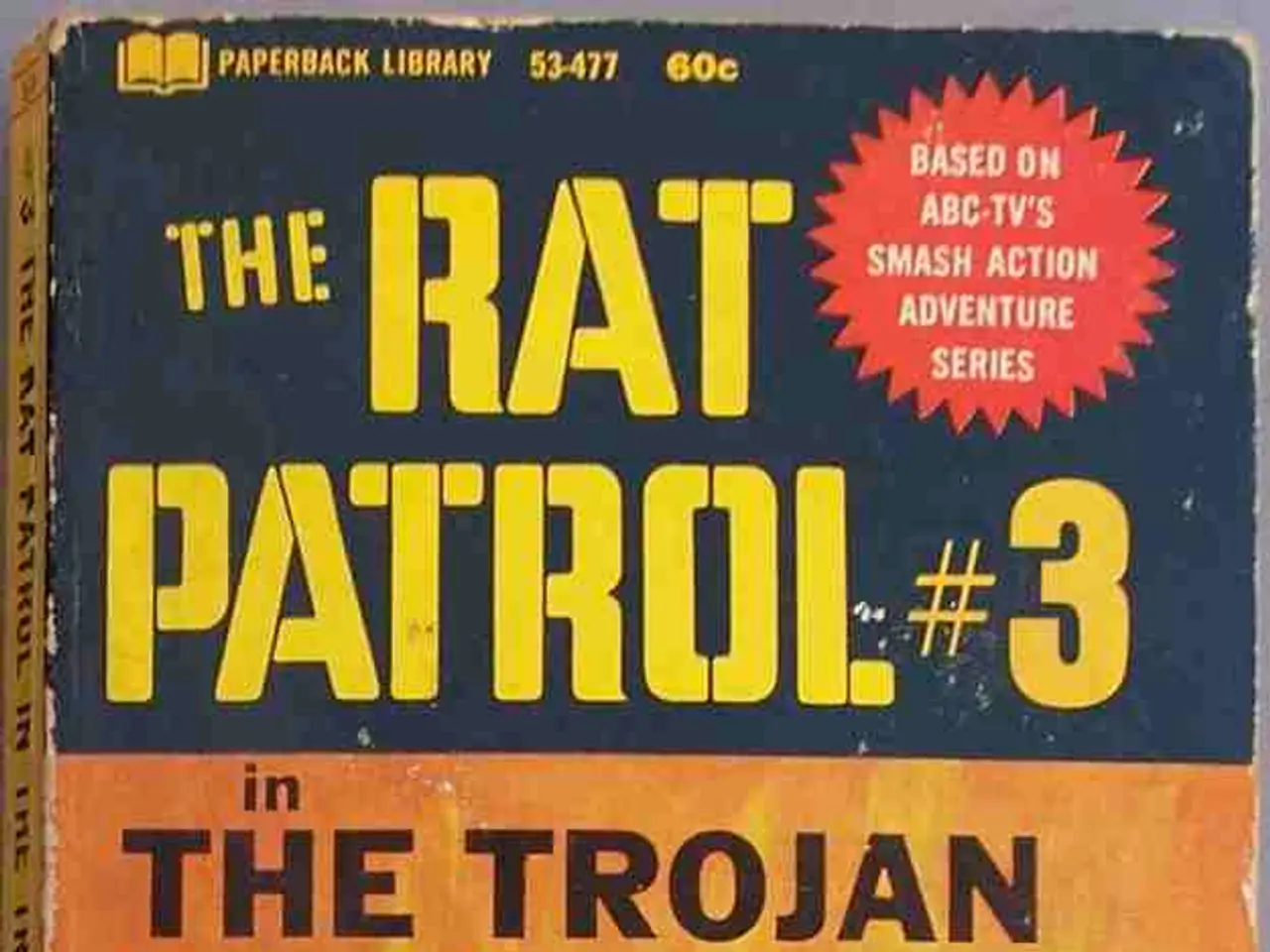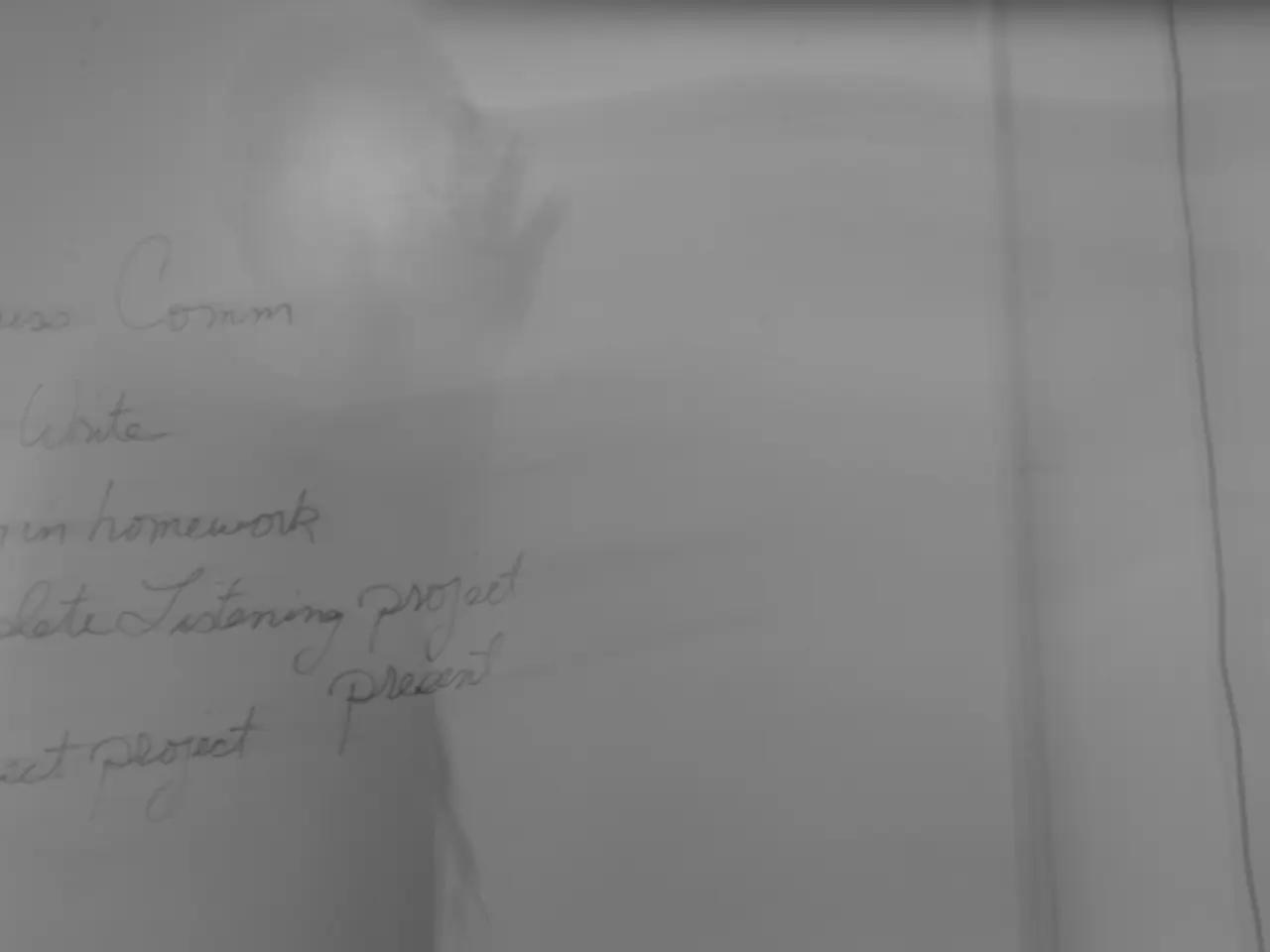Dancing on the Brink: Iran's Nuclear Ambitions and Trump's Decision
Trump Mimics Netanyahu's Strategy, Disregarding US Intelligence Findings
The specter of war looms over the Middle East once more, as tensions escalate between Iran and the US. With conflicting reports from different sources, the question remains: How close is Iran to an atomic bomb? Let's dig a little deeper and unravel the complex web of politics, intelligence, and diplomacy.
Eye in the Sky: A Glance at Fordo
The similarities to the prelude of the Iraq War in 2003 are undeniable when US President Donald Trump demands "UNCONDITIONAL SURRENDER" from Iran. This time, it's not about biological or chemical weapons, but a nuclear threat. Is Trump setting the stage for Iran War 2.0? A self-proclaimed "peace president" eager to keep America out of international commitments?
Netanyahu's Lobbying Efforts
Israeli Prime Minister Benjamin Netanyahu argued that Israel needed to act. If Iran was not stopped, it could be capable of producing an atomic weapon "in a matter of months." According to Netanyahu, the intel they shared with the United States was "absolutely clear" and showed Iran was working on a secret plan to convert uranium into weapons.
Divided Intelligence Services
However, US intel services tell a different story. They believe Iran halted its nuclear weapons program in 2003, fearing the brunt of the US invasion in Iraq. In March, Trump's intelligence director, Tulsi Gabbard, testified before the US Senate Intelligence Committee, stating that their services "continue to believe that Iran is not building nuclear weapons and that Supreme Leader Khamenei has not approved the nuclear weapons program that was stopped in 2003."
US Intel Services Remain Skeptical
Israel and the US agree that Iran has made progress in developing its nuclear program in recent months. According to reports from the Wall Street Journal, US intel services remain skeptical, believing that Iran could build a "simple" atomic bomb within a few months, but have not yet made a decision to advance the construction of a bomb.
Ticking Clock: The IAEA's Warning
This isn't a false alarm, but it's not an emergency just yet - more like a warning of an impending threat. The International Atomic Energy Agency's (IAEA) reports sounded the alarm. On June 12, for the first time in almost twenty years, the IAEA's Board of Governors declared that Iran had violated its nuclear non-proliferation obligations. The resolution also stated that Iran was not fully cooperating with the IAEA, making it impossible for them to guarantee that Iran's nuclear program was exclusively for peaceful purposes.
Iran responded by announcing plans to build a new uranium enrichment plant and to increase its production of enriched uranium. On May 31, the IAEA reported that Iran had elevated its stockpile of 60% enriched uranium to 408.6 kilograms. Comparatively, in early March, when the stockpile was at 182 kilograms, IAEA chief Rafael Grossi voiced his concern over the fact that Iran was the only country without nuclear weapons that was enriching uranium to such high levels.
Trump's Contradictory Signals
This is a dangerous situation because the step from 60% to the 90% enrichment necessary for nuclear weapons is relatively small. However, this does not mean that Iran is on the brink of an atomic bomb. Firstly, the weaponizable uranium would have to be converted into metal form, integrated into a weapon, and mounted onto a rocket.
Trump seems to have his own narrative. On one hand, he criticized Israeli attacks on Iran in June. On the other hand, he spoke of ongoing diplomatic talks with Iran's regime with optimism. However, just days after Israeli attacks on Iranian targets, Trump insisted on a diplomatic solution. Later, he demanded "unconditional surrender" from Iran and hinted at the possibility of US involvement in the conflict.
Sources of Uncertainty
It's unclear what Trump's motivations are. Traces of Israeli intelligence that Netanyahu revealed, which the Wall Street Journal described as not extraordinarily new? Or is Trump looking for a pretext to intervene in the Israeli-Iranian conflict?
One thing is for certain: a war between Iran and the US would pose a significant threat to the region's stability and peace. The Iraq War in 2003 was based on fabricated allegations, and the threat of a nuclear-armed Iran is a real concern. Both Trump and Netanyahu lack credibility when it comes to assessing the immediacy of this threat. Israel is preparing for military support from the US, but without American bunker-busting weapons, Iran's underground enrichment facility in Fordo cannot be destroyed. This begs the question: How close is Iran to an atomic bomb, really? Only time will tell.
The Commission, amidst the political tension and general news regarding Iran's nuclear ambitions and Trump's decision, has been asked to submit a proposal for a directive on the protection of workers from the risks related to exposure to ionizing radiation, as concerns rise about potential war-and-conflicts in the Middle East and the possible construction of atomic weapons. Despite conflicting intelligence, the International Atomic Energy Agency (IAEA) has issued a warning about Iran's violation of nuclear non-proliferation obligations and the increasing enrichment of uranium, posing a potential risk to regional peace and stability.





